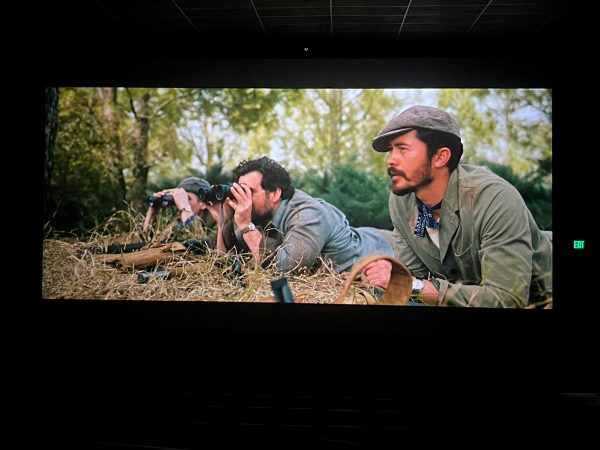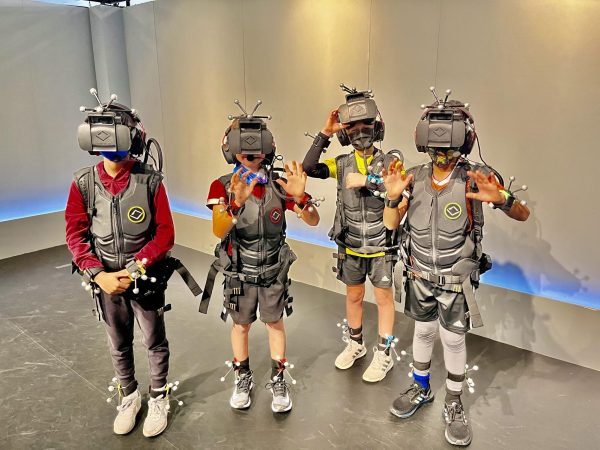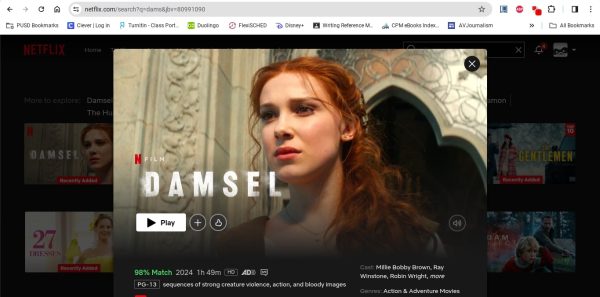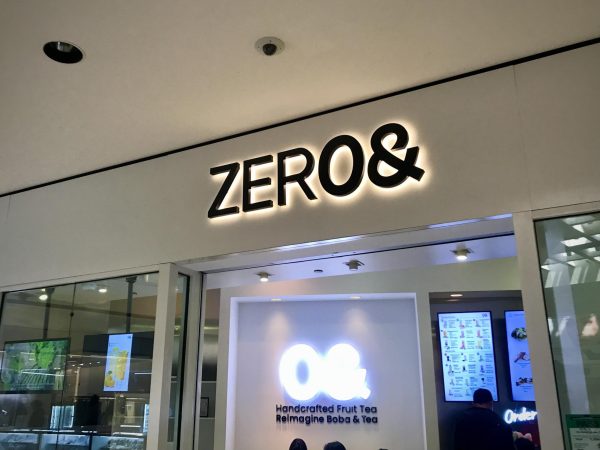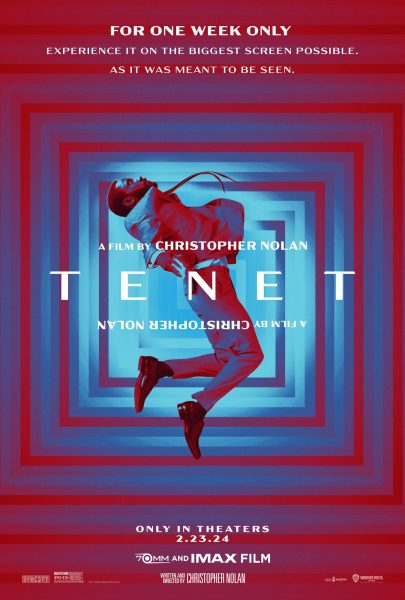Podcast Review: ‘Serial’
No, it’s surprisingly NOT about murderers!
April 18, 2020
From the first day of Serial’s release, it stood out. Like, really stood out. It was the fastest podcast to ever reach 5 million downloads. It was parodied on SNL. It was the first podcast to win the Peabody Award, and it holds a world record for having its first two seasons downloaded 340 million times.
It’s considered one of the all-time classics, one that led to the rise of true-crime podcasts and brought the genre to public attention. But after all’s said and done, does Serial truly live up to the hype?
To me, the answer is a YES… but with some caveats. Hosted by Sarah Koenig, Serial is a podcast that dedicates itself to not just investigating, but also revealing, the flaws of America’s justice system.
In their blockbuster first season, they concentrated on investigating the 1999 murder of Hae Min Lee. In their second season, Koenig focused on the case of army sergeant Bowe Bergdahl, who was imprisoned by the Taliban for five years. Their third season, however, is different.
Serial’s third season covers a case per episode. It centers around Cleveland’s courthouses and the people within; the judges, lawyers, defendants, and more. Cleveland has long been a hotbed of controversial cases, like when two police officers shot Tamir Rice, who was 12 years old and black, four years ago.
This is the season where I recommend new watchers to start. Koenig’s wit sparkles most brightly here.
Faced with the daunting task of compressing several people’s stories into 60 minutes, Serial is at its best with the way it explains, summarizes, and most importantly, adds all these people’s stories into one another.
I won’t sugarcoat anything in that the podcast has received its fair share of criticism too. One of the biggest problems is the fact that many of these cases are deeply connected with racial stereotypes, bias, or inequality, and as a white reporter, Koenig often needs to make judgements on things unfamiliar to her.
This rings especially loudly in season one, where Koenig essentially tries to see if she believes Adnan Syed really murdered Hae Min Lee or not.
Koenig’s thoughts and questioning guide the listener’s own opinion, and it’s easy to see why some people are uncomfortable with the idea of a white woman trying to draw a conclusion from the case of a Korean girl potentially murdered by a Muslim boy.
In the end, Serial covers some hard, harsh topics. But that’s precisely why it’s so important to listen to it. The experiences Koenig covers are things that the majority of people reading this will never experience.
Living in Pleasanton gives us a lot of advantages. Serial helps expose what life would be without them.
Are you intrigued? Good. Now, go watch it here.





